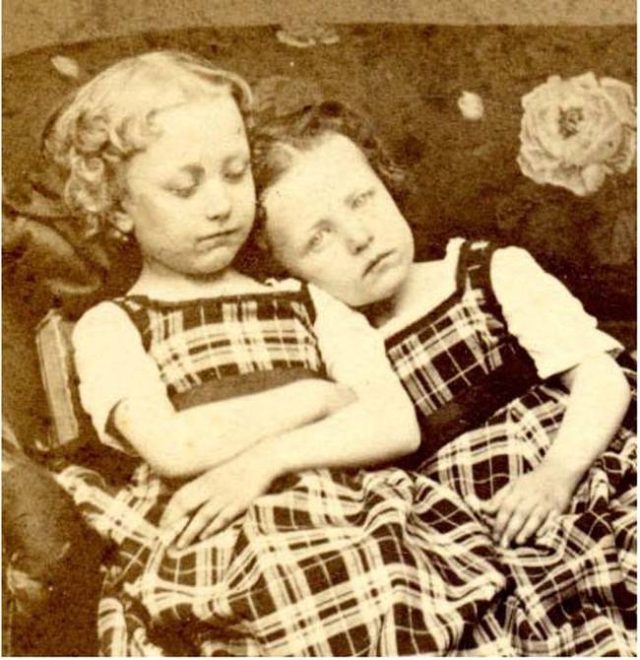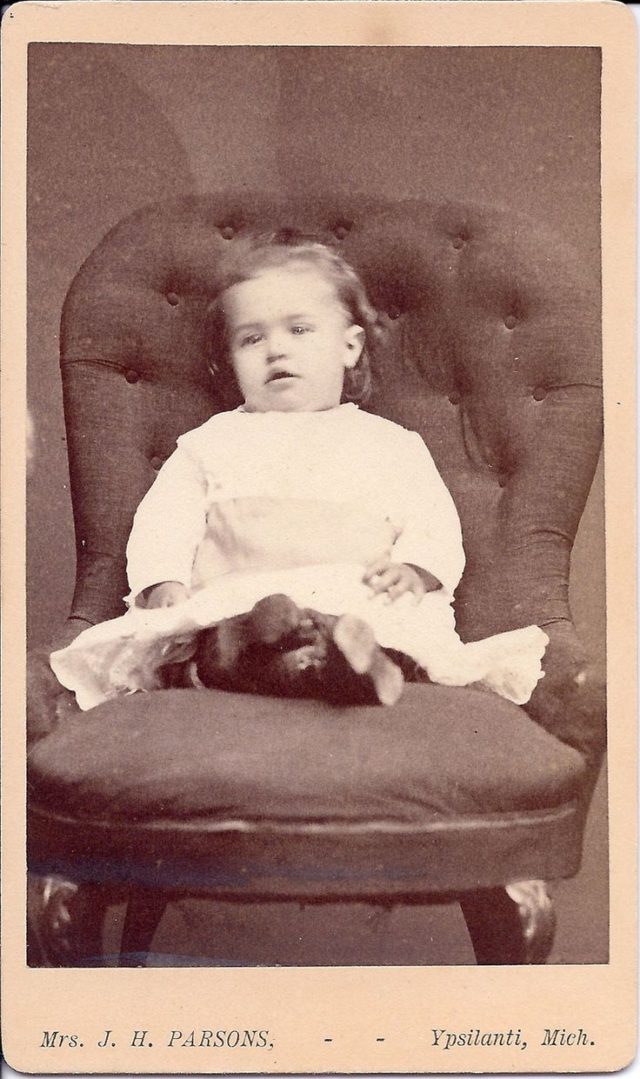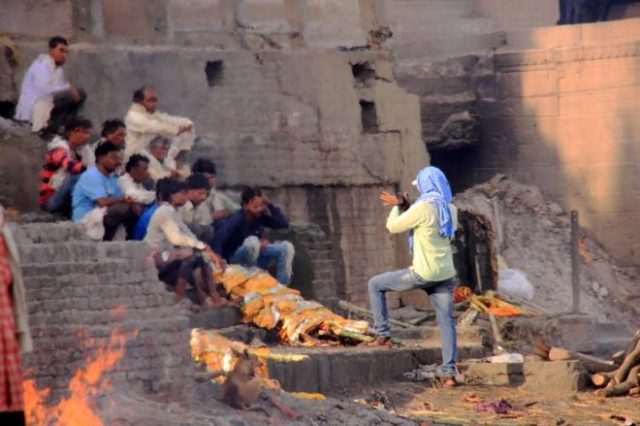Photography is an art, and the Victorian age saw a movement like never before.
Photography as an art form allows us to choose the kind of memories we would like to keep for ourselves – be it Raghu Rai’s poignant documentation of the Bhopal Gas Tragedy or Oleg Oprisco’s recreation of children’s books world to the real life. Photography has played an important role in recreating reality in a way more imaginative manner that it is often seen.
While photography had already been introduced in the late 18th century, it is often chilling and heart-wrenching to see what photography meant to the Victorian age that followed soon after the invention of this technique.
The Victorian photography trend

Photography captured the imagination of Victorians, and since it was a generation newly exposed to the art and science of the process, people situated in that era then began to receive photography as an art of commemorating the dead. So started the trend of “post-mortem photography”, popularly known as “death photography”.
Usually, these were children which had not crossed their infancy.
Efforts were made so that the deceased would look more beautiful and full of life in death than they had been when alive. You see mothers holding their children lovingly and recording their last memory with their kids, or infants lying peacefully in their cradle as if they had been sleeping all this time.

One striking feature is – the images never show the suffering of the deceased. It is always pristine and appears as if death itself is bearable.
Read More: Watch: The Most Bizarre Facts About Maruti 800, The Most Loved Indian Car
Why did this trend start in the first place?
There can be many reasons for that. Paintings took a lot of time, effort, and money but photography made things easier for the Victorian masses, and later as photography became widespread, the cost of generating photographs fell. As a result, more people could afford to get their photographs clicked.
Since the basic idea of photography was to capture unforgettable moments, the Victorian population directed their attention towards the dead.
Also, during the mid 19th century, England was facing its worst phases – people had a lot of children and because of diseases or cold, not many of the newborns survived beyond infancy. To parents, photographing their young ones became a sign of commemorating the deaths.
Epidemics were ubiquitous as well, let’s not forget it. Life was difficult because of the general paranoia of death and disease. The serene and peaceful photographs of the deceased became an indication of attainment of a place with no suffering.
How did it die down?
Well, because of the reversal of reasons that had caused it.
Through time as the Industrial Revolution progressed, introducing better organisation of the state to the British population, health services increased.
With improvements in the life expectancy rates, people began photographing more in life.
Was death photography only present in Britain?
No, Iceland had its major share as well, and it was because both the countries were going through the same situation of infant mortality rates and epidemics like plague or scarlet fever.
In India, death photography is still prevalent in places like Varanasi. Although it is very different from what used to happen in Victorian England. In Varanasi, death photographers simply photograph the ceremonies which involve cremating the dead. Everything from carrying the deceased to the ghaat to the funeral pyre.

While the idea of photographing the dead might be confined to police interrogations these days and seem a bit frightening and disrespectful to the dead, it is amazing to notice how closely people associate with art and engage with it to help escape from their grief.
Image Credits: Google Images
Sources: Wikipedia (Photography), BBC News, BBC News (Varanasi)
Other Recommendations:
Comedy Wildlife Photography: Because Animals Being Themselves Is Funny

































